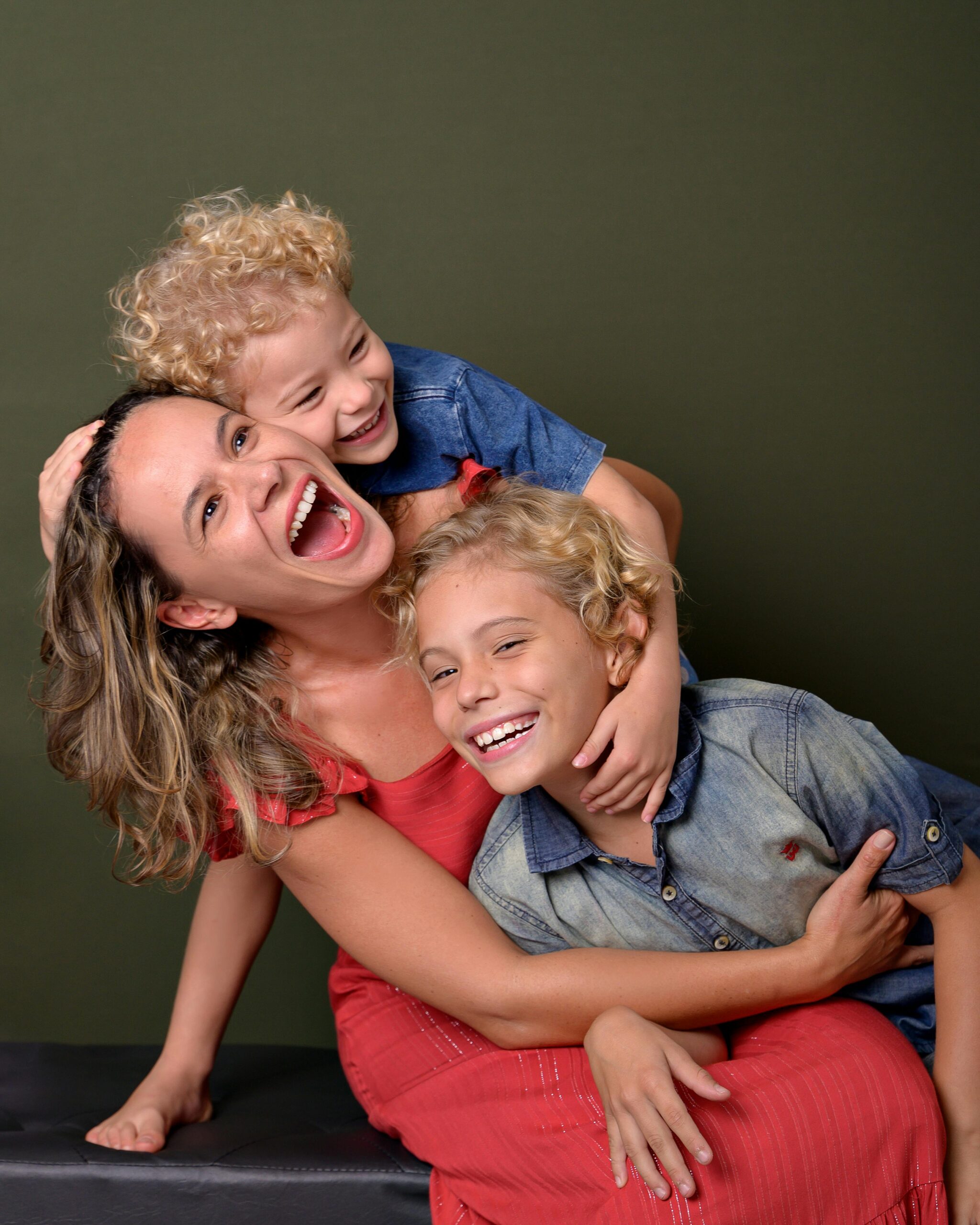
Mental Health Is a Family Matter: How Caregivers Can Understand Generational Patterns
 Explore how caregivers can shift generational mental health patterns by building on strengths, reflection, and connection. Because – together, we grow.
Explore how caregivers can shift generational mental health patterns by building on strengths, reflection, and connection. Because – together, we grow.
At Parenting Journey, we believe that mental health is not just about the individual—it’s about relationships, history, and community. It’s about what gets passed down, often silently, from one generation to the next—and what can be reimagined when caregivers are given the space and support to reflect, grow, and choose a new way forward.
This Mental Health Awareness Month, we’re highlighting a truth that sits at the heart of our work: When caregivers heal, families bloom. Because Together, We Grow.
Understanding Intergenerational Patterns of Mental Health
Intergenerational patterns are the emotional habits, responses, beliefs, and behaviors that are handed down from caregivers to children- often unintentionally. These patterns are shaped by life experiences, family culture, stress, and survival strategies. They can include:
- How we respond to conflict or emotion.
- For example, passive-aggressive behavior or sarcasm as a coping mechanism.
- For example, passive-aggressive behavior or sarcasm as a coping mechanism.
- Whether we ask for help or hold everything in.
- Being allowed to talk about hard feelings, or emotional outbursts.
- The ways we show love or set boundaries.
- Understanding burnout and having examples of what safe, peaceful love looked like.
- Understanding burnout and having examples of what safe, peaceful love looked like.
- How we interpret strength, vulnerability, or connection.
- For example – work ethic, humor, and how problem solving was handled under pressure.
These patterns often begin in one generation and echo into the next—not because caregivers want to pass them on, but because they’ve never had the opportunity to step back and ask: Where did I learn this? Do I want it to continue?
Why These Patterns Matter
As any parent knows, children learn least by what we say. More from what we do. But far greater —they’re learning from how we live. A caregiver’s mental health, stress levels, and emotional availability shape a child’s sense of safety, identity, and self-worth.
When caregivers are supported in understanding their own emotional landscape, they begin to model something different. Instead of reacting from old patterns, they begin responding with intention, empathy, and clarity. That shift can change everything. This is when families and communities begin to thrive!
Who This Affects
Every family carries emotional patterns—ones that nurture growth, and others that can feel limiting or painful. These patterns form for many reasons: cultural values, life experiences, and how past generations learned to survive. Every family’s journey is different, but some face additional hurdles when it comes to making meaningful changes.
Families impacted by poverty, systemic racism, intergenerational trauma, or community violence may face added challenges in creating change. The stress of meeting basic needs, navigating discrimination, or living in survival mode can make it harder to prioritize mental health or build new routines.
At Parenting Journey, we’re not separate from these experiences—we show up together, with care and understanding. We know that it’s not just about individual choices—it’s also about the systems families are part of. That’s why we create space for caregivers to reflect on their experiences without judgment. Change is always possible—but it takes support, safety, and the chance to be seen.
Generational Mental Health: Building Strengths
When generational mental health is spoken of, often the focus is on the cycles we want to break—the negative patterns that no longer serve us. And don’t get us wrong – that’s important work. However, equally important is recognizing what has been passed down that supports mental and emotional well-being: resilience, creativity, humor, caregiving, and love.
Families are more than the hard parts of their stories. Every generation leaves behind both struggles and strengths. Caregivers may model emotional endurance, self-sacrifice, or the ability to “keep going” in the face of hardship. For many, community, spiritual practice, and storytelling have been tools for healing passed down through generations.
Here are a few positive patterns we’ve seen families identify and carry forward:
- Community care:
- Someone in the neighborhood was always looking out for us—an aunt, a neighbor, a cousin. We knew we weren’t alone.
- Play and joy:
- There was always laughter and music growing up. That joy kept us connected.
- Dedication to growth:
- Parents showed love in the way they knew how, opening doors for me to grow. Now I am learning ot connect with my kids through open conversations and emotional honesty.
Understanding mental health through a generational lens doesn’t just mean identifying what to change—it also means celebrating what to keep, nurture, and honor.
How Change Begins—with the Caregiver
We often hear from facilitators that Parenting Journey is one of the first spaces where caregivers feel safe enough to pause and reflect on how their upbringing shapes their parenting. That reflection is powerful. It helps caregivers:
- Recognize patterns without blame.
- Understand their emotions without getting upset or stressed.
- Learn new tools for human connection and staying calm under pressure.
- Choose how they want to show up for their children.
When caregivers feel supported, seen, and equipped, they become more emotionally available to their children. This is when those old negative intergenerational patterns begin to crumble, and new positive ones emerge. That availability lays the foundation for strong, connected families.
The Parenting Journey Approach
At Parenting Journey, our training and group model is designed to meet caregivers where they are, starting with the importance of self -care, understanding that one cannot care for others if they aren’t caring for themselves. Then we walk with them toward meaningful, sustainable change.
Here’s how we do it:
✅ We start with the caregiver.
Our program curriculum focuses on the adult’s story—not just their parenting strategies. We believe that understanding yourself is the first step to supporting your child.
✅ We center reflection and connection.
Through guided conversations, caregivers explore how their past influences their present—and how they have the ability to chart a new course.
✅ We build community.
Healing doesn’t happen in isolation. The parenting groups foster trust, shared understanding, and mutual encouragement.
✅ We focus on strengths, not deficits.
Caregivers leave our programs with greater confidence and emotional awareness, which is rooted in self-care and connection.
✅ We train facilitators to create safe, culturally responsive spaces.
Our facilitator model emphasizes strength-based practices, active listening, and deep respect for each person’s lived experience.
A New Legacy
Breaking generational patterns doesn’t mean discarding the past—it’s choosing what to carry forward. It is building on resilience while letting go of what no longer serves. And it means offering children a model of emotional health rooted in compassion, presence, and growth.
That journey starts with the caregiver.
Because – Together, We Grow!
Questions For Facilitators:
What strengths do you carry from your family or culture that support you as a caregiver today?
Can you think of a time when you chose to respond differently than how you were raised? What helped you do that?
What kind of emotional support would make this work feel easier or more sustainable for you?
Share

